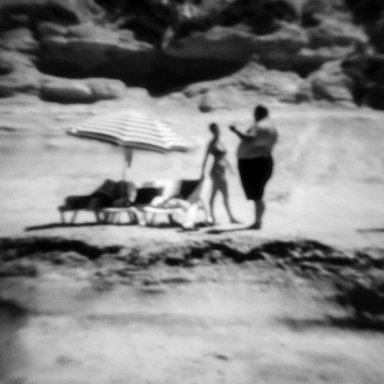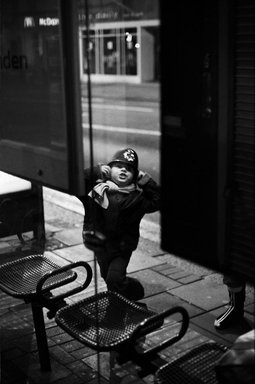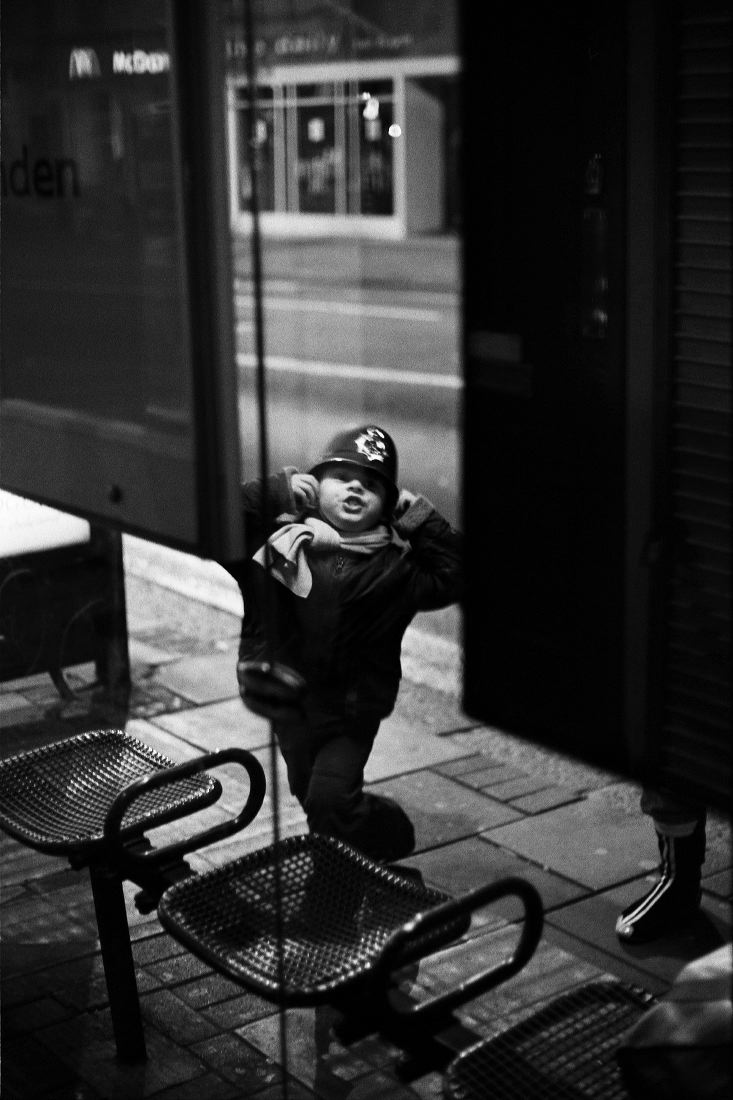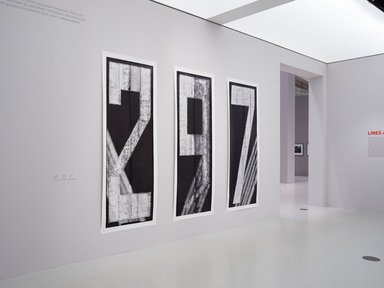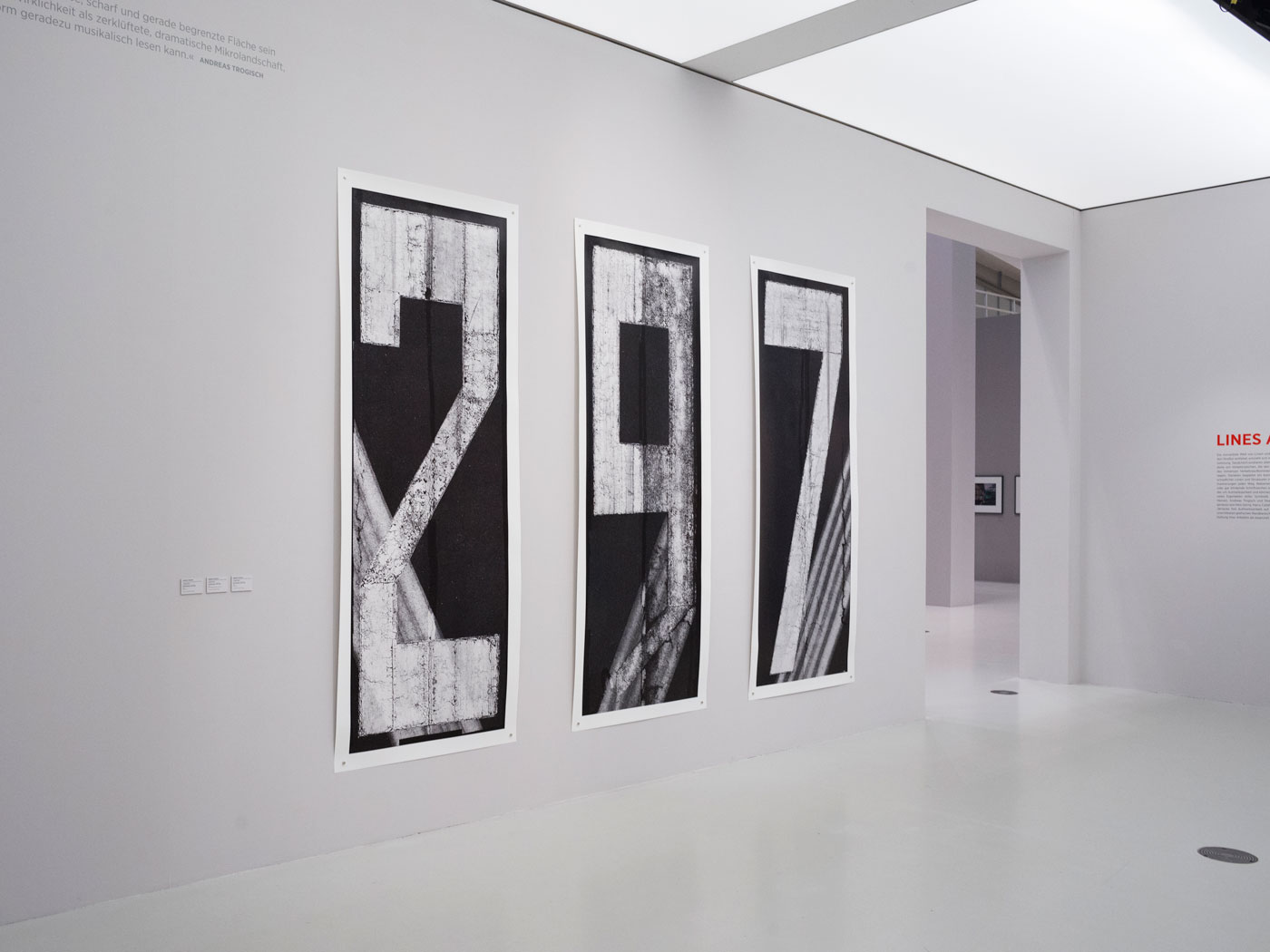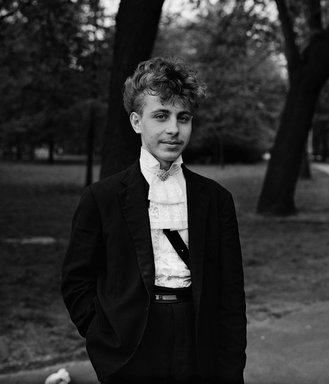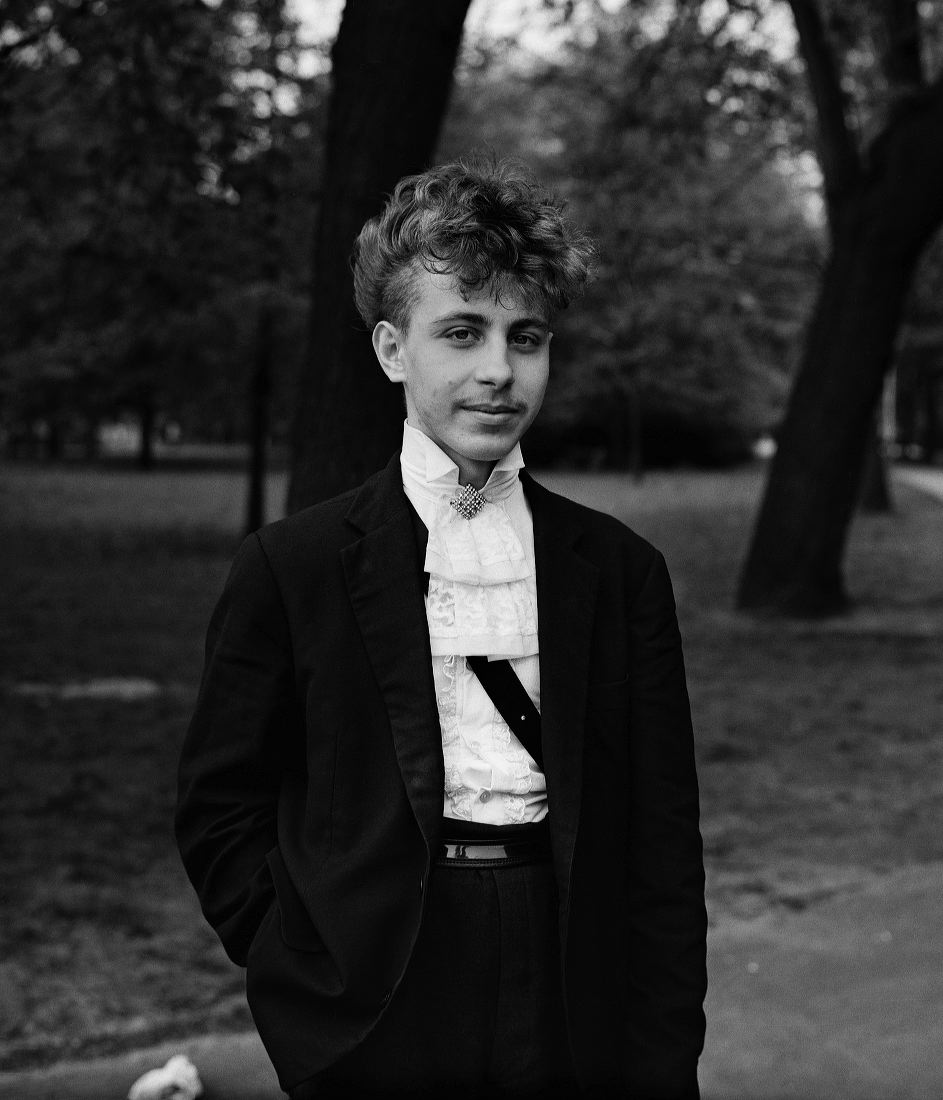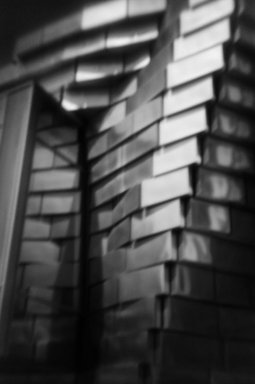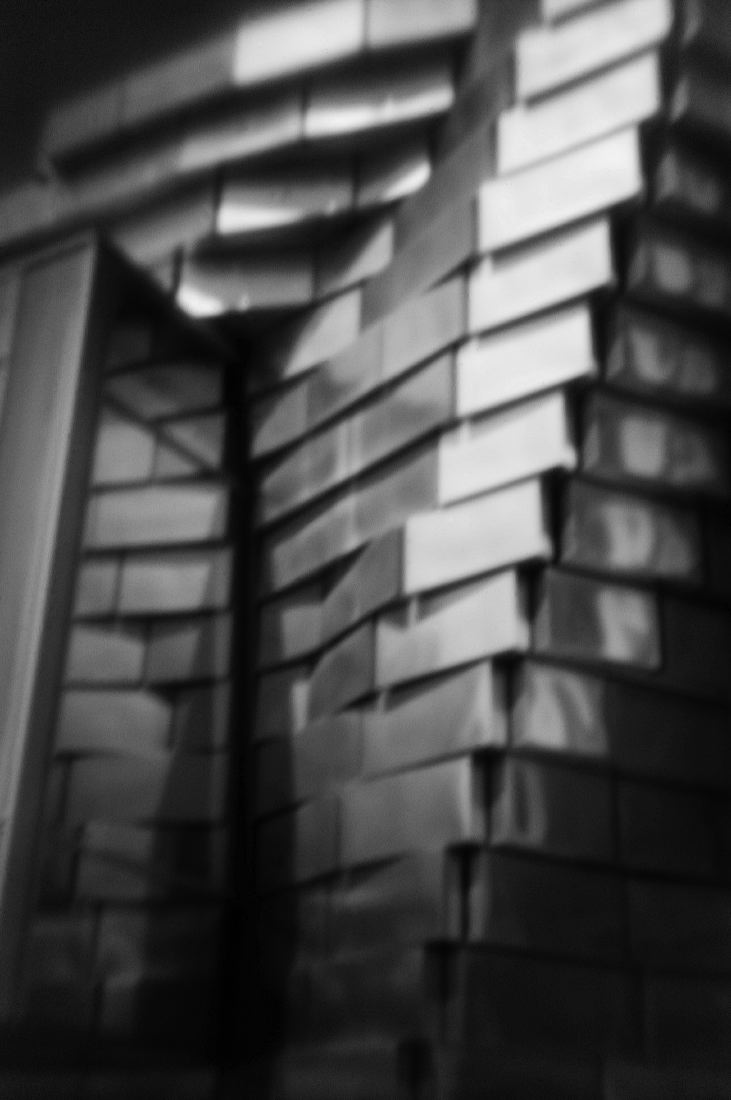Andreas Trogisch | Replies (1982 - ongoing)
Andreas Trogisch | Replies (1982 - ongoing)
“Replies” is a great inventory of the images created until the publication of the book of the same name in 2014, which can not be summarized in a clearly defined thematic context, but rather revolve around a virtual center that I still can not precisely define. Dividing the images into “conversations” made it possible to master the multitude of images: as in a table talk, they circled around a topic for a while, then turned to the next, associatively connected one. The series continues to grow like a black and white coral reef.
Format:
Photo / Video
